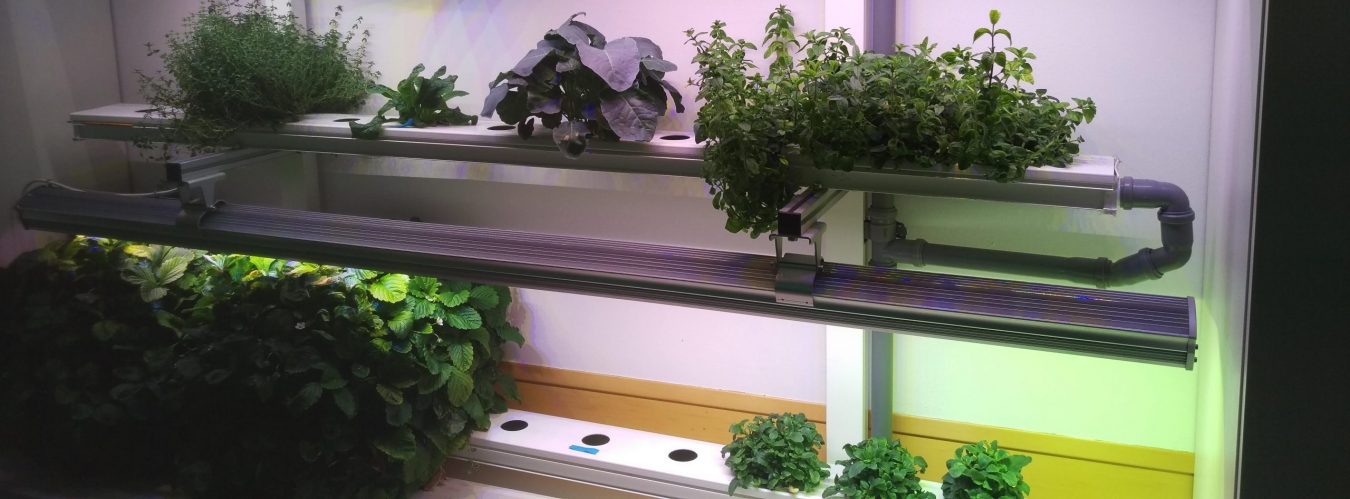What are the pros and cons of enhancing the complexity of a system?
In various ongoing projects, we aim to provide an unbiased assessment of the potential positive and negative impacts of technological development, infrastructure adaptation, and organisational changes. My focus is on complex and interconnected biomass supply chain networks that simultaneously provide food, materials, and energy. The intricacy of these networks makes decision-making particularly challenging in the domains of politics, industry, investments, and public perception.
BioFlex is a collaborative project together with Bioeconomy modellers from IIASA (Dr Florian Kraxner) and energy system modellers from the University of Natural Resources and Life Sciences (BOKU), Vienna (ERC Start grant holder Prof. Johannes Schmidt). The consortium juxtaposes global warming induced risks and uncertainties of bioenergy and feedstock-independent renewable energy deployment with flexilisation and resilience measures. Diagnostic scenarios are developed to test the ability of IIASA and BOKU models to describe the dynamics of respective measures. Based on these findings a joint research agenda is formulated. The focus of BioFlex lies on the energy system. Synergies and tradeoffs of multisector coupling, including biomass for material utilisation and food are discussed qualitatively.
This project was initated based on the discussions in an open-access paper:
Schipfer, F.; Mäki, E.; Schmieder, U.; Lange, N.; Schildhauer, T.; Hennig, C.; Thrän, D. Status of and Expectations for Flexible Bioenergy to Support Resource Efficiency and to Accelerate the Energy Transition. Renewable and Sustainable Energy Reviews 2022, 158, 112094.
https://doi.org/10.1016/j.rser.2022.112094.
The IEAB Task40 network looks at the deployment of biobased value chains for a Bioeconomy from a researcher and practitioner’s perspective. The project combines, among others, the scientific expertise of the Deutsche Biomasseforschungszentrum (DBFZ), Utrecht University (UU), the U.S. Idaho National Laboratory (INL), and the Austrian Institute for Sustainable Technologies (AEE INTEC). Networking, exchange and project initiation are dedicated goals of this high-level, international network.
In an internal IEAB Task40 study, the BioSyn study, we combine expertise from INL and AEE INTEC to merge sustainability and resilience metrics for assessing selected Bioeconomy supply chain network case studies. Furthermore, and for their applicability in the international context, a second internal study examines regional, renewable gas community concepts which are co-developed in the EEGas project (FFG-Nr. 903336, TU Wien is project partner, see below).
The international research network IEAB Task44 focuses on exchanging advancements in flexible bioenergy and system integration. The project is coordinated by Prof. Daniela Thrän (Deutsches Umweltforschungszentrum, UFZ). Together with other partners, including the Directorate-General on Research & Innovation of the European Commission, the Paul Scherrer Institute and the U.S. Department of Energy, regular meetings and activities explore opportunities and barriers for system flexibilisation. These meetings act as test beds for novel concepts and for initiating topic-specific international research projects.
Through this network, we organise a workshop between IEA Bioenergy, IEA Hydrogen and ETSAP in November 2023. The goal is to discuss the opportunities and barriers for modelling flexibility.
Led by the Austrian Institute of Technology (AIT) and together with the Umweltbundesamt (UBA), TU Wien contributes to the Renewables Potentials Study project tendered by the Kommunal Kredit Public Consulting (KPC) for the Austrian Ministry for Energy and Climate (BMK). Designed as a follow-up project to the feed-in-premiums calculations for reaching 100% renewable electricity targets in Austria in 2030, this tender project collects and processes renewable energy potential and related relevant data from numerous sources. An open-source, online Web-GIS tool will be launched in 2025 as a public and scientific product to support decision-making regarding sustainable energy futures.
Led by the Austrian Institute of Technology, and together with the Biogas plant in Bruck an der Leitha TU Wien explores the concept of energy communities as enabler for the system integration of renewable gases in Austria. Techno-socio-economic, regulatory and potential assessments provide a sound basis for supporting policy makers in framework design.
This project was initiated based on the discussions in an open-access paper:
Schipfer, F.; Pfeiffer, A.; Hoefnagels, R. Strategies for the Mobilization and Deployment of Local Low-Value, Heterogeneous Biomass Resources for a Circular Bioeconomy. Energies 2022, 15 (2), 433. https://doi.org/10.3390/en15020433
